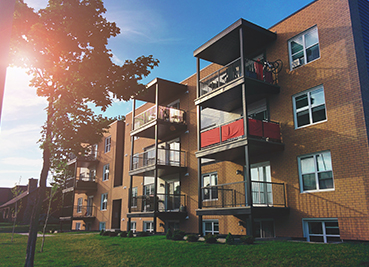About 54,000 rental properties affected by unanimously passed measure; in full effect by 2024
By Conrad Swanson | cswanson@denverpost.com | The Denver Post May 3, 2021 at 7:37 p.m.
Denver landlords will be required to hold long-term rental licenses for each of their properties under a new law unanimously approved by the City Council on Monday night.
In what’s believed to be the largest overhaul of the city’s licensing department, the licenses will take a couple of years to phase in and hundreds of thousands of dollars just to get started, sponsor City Council President Stacie Gilmore said.
As the council considered the new law in recent weeks, renters voiced concerns that requiring the licenses for an estimated 54,000 homes, condos, row houses and apartment complexes will increase their rents, while landlords complained of additional red tape that’ll impede business and lead to costly repairs.
But Gilmore and others on council argued against both points and said the licenses will protect tenants and help city staff keep tabs on landlords.
“This is a basic responsibility of a city the size of Denver, that we know what our rental stock is and that it meets basic habitation rules,” Council President Pro Tem Jamie Torres said.
Before receiving a license, landlords must have their properties examined by certified inspectors, according to the measure. At least 10% of a property’s units must be inspected at random.
Landlords can apply for early licenses starting next year. Landlords renting two or more units on a single property, like apartments and row homes, must obtain licenses by Jan. 1, 2023; it’s a year later for landlords who rent single living spaces like homes or accessory dwelling units.
The application fee will be $50, and licensing fees will range from $50 for single units to $500 for properties with more than 250 units, the measure said. Landlords must renew their licenses every four years, paired with new inspections.
The new law will also create a database of landlords and their properties, Gilmore said. This will enable city officials to track available housing stock and communicate with property owners and tenants about rental and utility assistance efforts.
Officials will be able to fine problematic landlords, suspend or revoke licenses. If the latter two happen, Gilmore said tenants would still be allowed to stay in place through the end of their lease.
Money raised by the fees will be more than enough to cover the administrative costs of the new licensing program, Gilmore said.




